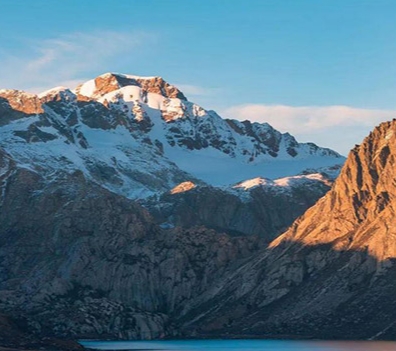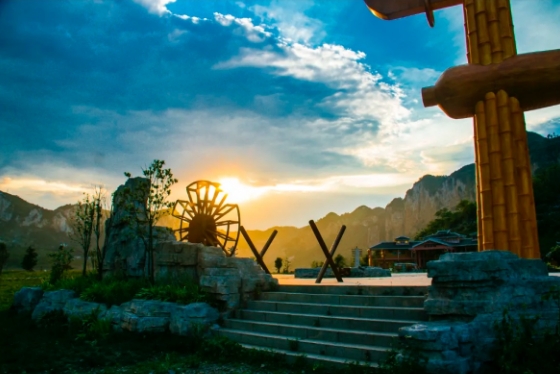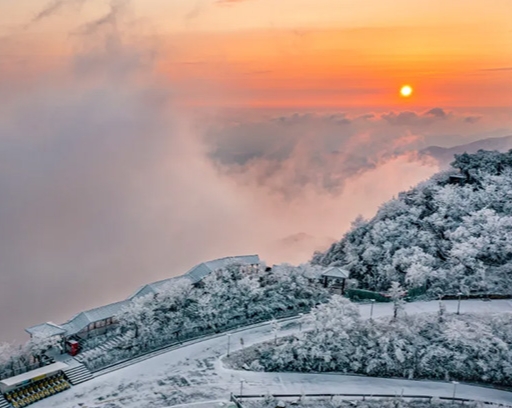Protecting Mountain Environment for Future Generations
On 18 August, the 2022 Asian Mountain Tourism Promotion Conference on Amity, Sincerity, Mutual Benefit, Inclusiveness, Cooperation, and Sharing —— Jointly Building a New Future for Asian Mountain Tourism was officially launched in Guiyang, Guizhou province. Chhabindra Parajuli, Economic Minister of the Embassy of Nepal in China, made a presentation at the Asian Mountain Tourism Recommendation.

The following is the full text of the presentation.
Nepal is situated between China and India, with 64% of its territory as mountains and 90% of them in the Himalayas. Nepal and China have longstanding friendship and close bilateral relations. Since establishing diplomatic relations in 1955, the two countries have been reliable partners and good neighbors. Nepal has upheld the one-China policy, believed in the Five Principles of Peaceful Coexistence, and treasured its longstanding and practical cooperation with China in trade, tourism, investment, education, culture and other fields.
As a well-known tourist destination in South Asia, Nepal is home to a multitude of world heritage sites dating back to the fifth to seventh centuries, when Nepalese settled along the Kathmandu Valley. Early settlers were from Tibet, and civilization exchanges have deepened since the marriage between a Nepalese princess and a Tibetan prince. There are numerous Buddhist buildings and temples in Nepal, ancient Chinese monks like Xuanzang of the Tang Dynasty arrived in Nepal, and Nepalese monks translated Buddhist scriptures into Chinese for international communication.
Nepal abounds in alpine resources, including ten major mountains: Everest, Kanchenjunga, Lhotse, Makalu, Cho Oyu, Dhaulagiri, Manaslu and Annapurna. There are another 1,800 mountains at an altitude of 2,500 meters, of which 1,100 are over 6,000 meters high. Nepalese are proud of their time-honored cultural traditions, beautiful forests and the diversity of vegetation and life.
Nepal has been actively involved in the Belt and Road Initiative in recent years, signing various cooperative agreements to upgrade infrastructure such as roads, railways, communication lines and power lines. By mutually promoting peace, stability and prosperity through exchanges and cooperation, the two countries can integrate their oldest cultures in Siberia to further promote economic and cultural development.
Just like Nepal, Guizhou is a key mountainous province with a lot of traditional rural areas and eco-friendly lifestyles. In Guizhou, you can visit mountain destinations like Huangguoshu Waterfalls and Anshun LOONG Palace to experience harmony with nature. Guizhou is also the place where the International Mountain Tourism Alliance is headquartered.
Nepal has established embassies and consulates in Beijing, Hong Kong, Guangzhou, Shanghai and other Chinese cities, and several non-stop flights have been launched between Nepal and China. You are welcome to fly to Kathmandu Airport that has reopened.
Nepal expects to work with China to enhance passengers' experiences and restore public confidence in travel and business. The reopening of Kathmandu Airport is also a signal to the world.
As mountains are important ecological resources, we need to better preserve and promote mountain resources for our future generations. Thank you.







